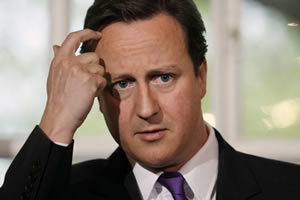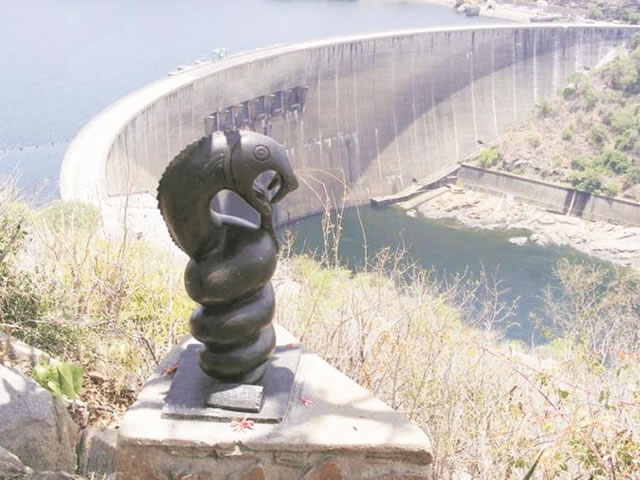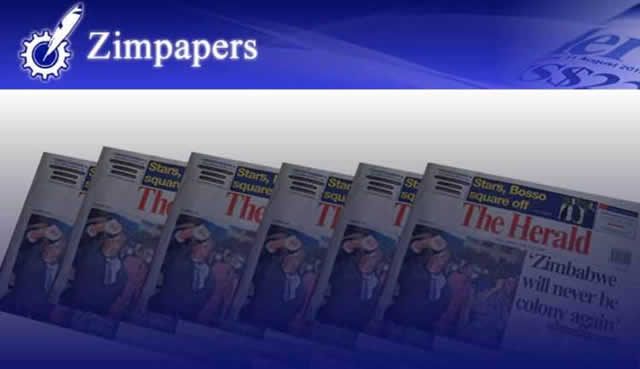Britain’s leap into the unknown

Matthew d’ Ancona Correspondent
“The impetus of existing plans is always stronger than the impulse to change.” So wrote Barbara W. Tuchman in her great 1962 account of World War I, “The Guns of August” — a book admired by President John F. Kennedy and much quoted by politicians since.In the final days of Britain’s general election campaign, Mrs Tuchman’s warning about the perils of fighting new battles according to old rules is as resonant as ever.
For most of the 20th century, power oscillated reliably between the Conservative and Labour parties.
From 1979 to 1997, the right-of-centre Tories governed without interruption; thereafter, the left-of-centre Labour Party had its turn on the bridge, until 2010.
Since then, David Cameron, the Conservative prime minister, has managed a bipartisan administration in coalition with the centrist Liberal Democrats, led by Nick Clegg.
Mr Cameron’s objective in this election is to escape the necessity of this alliance and govern with a clear majority in the House of Commons. His Labour opponent, Ed Miliband, seeks a parallel outcome for his own party.
On the campaign trail, both leaders behave as though the electorate ought to choose between them alone, on a presumption that the familiar two-party system remains the default position of British democracy.
Mr Cameron asks for five more years to complete the task of economic repair he began in 2010.
Mr Miliband insists that a radical change of trajectory is required to spread the benefits of recovery more equitably and close the gap between rich and poor.
It is true that one or the other will be prime minister after Thursday’s election; nobody else is in the frame.
But opinion polls consistently suggest that neither party will win a majority of parliamentary constituencies.
This indicates that a fundamental shift is afoot — and that Conservative and Labour rhetoric is far removed from a drastically shifting reality. Soar above the hurly-burly of the campaign and you will see a political map in flux.
For a start, the presence of the Liberal Democrats in the Conservative-led coalition has transformed their perceived role in the electoral ecology. Before 2010, this smaller party was essentially a protest movement with a parliamentary wing: It attracted those who wished to vote for “none of the above,” to express disenchantment with both the government and the main opposition, or to register outrage over a specific issue like the Iraq war.
Mr Clegg was, in my view, absolutely right to lead his party into joining the Tories in coalition five years ago. But the Liberal Democrats have paid a heavy political price for that metamorphosis into a party of government and are set to lose many, perhaps most, of the 56 constituencies they hold in the House of Commons (out of a total of 650 seats). Even Mr Clegg’s seat, in Sheffield, is at risk.
As support for the Liberal Democrats has contracted, so nationalist parties in Britain’s component countries have gained in popularity: in Wales, Plaid Cymru; in England, the UK. Independence Party; and most spectacularly, the Scottish National Party, which is expected to win a great many of Scotland’s 59 parliamentary seats, principally at Labour’s expense.
An unforeseen consequence of this new political landscape is that the undoubted star of the campaign is not even standing for election to the British Parliament.
Nicola Sturgeon, the Scottish first minister and the nationalists’ leader, has become the object of doting admiration and venomous distrust in roughly equal measure.
Little known outside Scotland until this year, Ms Sturgeon has shone in the broadcast leaders’ debates to such an extent that some English voters have made inquiries to see if there is any way that they can cast their ballot for the S.N.P.
It is a measure of how much has changed, and how fluid British politics has become, that the S.N.P. should be in this position, having suffered what appeared to be an epochal setback only seven months ago.
The decisive rejection of Scottish independence in September’s referendum was widely expected to drain the party of morale and purpose. In fact, precisely the opposite has occurred.
Indeed, a general election that started life as a routine argument about the future of the British economy has morphed into an intense struggle over the future composition of Britain itself. If Labour needs S.N.P. support in the House of Commons in order to govern, you can be sure that the Scots will set the price high.
As Alex Salmond, the previous S.N.P. leader, put it early in the current campaign: “If you hold the balance, then you hold the power.”
This much is clear as the kaleidoscope is shaken. No party is likely to win a majority, and the mood in Westminster— let alone the country — is positively hostile to the formation of a second, full-blown coalition.
Whatever pact emerges from this most curious of elections is likely to be loose-knit, and perhaps no grander than an informal understanding between two or more parties to consider each parliamentary vote on its merits and to avoid, if possible, a second election that would be ruinously expensive.
A key consequence will be that Parliament, so often considered a marginal force in government, will dominate political life once more. How pleasingly democratic that sounds. But the gap between this particular kind of parliamentary oversight and the collapse of a minority administration is not great.
Not much gets done in any nation without a measure of political stability. Nobody invests in a capricious, fickle country. Holding the realm to ransom from vote to vote in the Commons is not the same as healthy accountability.
What lies on the far side of this election is less predictable than in any other since World War II. Nobody can make a reliable forecast beyond the powerful impression of impending uncertainty and cacophony.
The thrill of the new, of course, is a seductive sensation. In this case, though, I suspect that the thrill will be short-lived.- New York Times
Matthew d’Ancona is a political columnist for The Guardian and The Evening Standard.








Comments